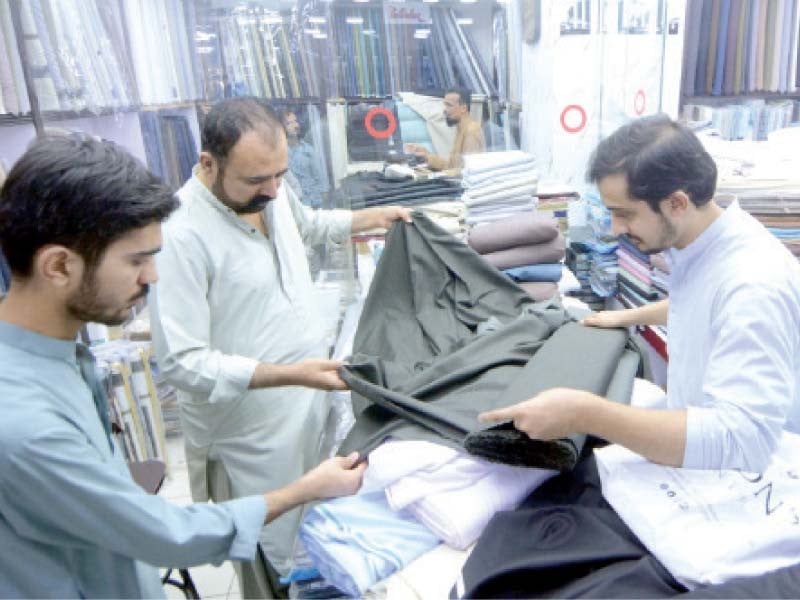In Islamabad, despite multiple sessions, the Tariff Policy Board of Pakistan remains undecided on removing the 5% regulatory duty on imported man-made fabric, primarily due to conflicting business interests. This hesitation challenges the government’s commitment to reducing the cost of conducting business.
Sources reveal that under the leadership of Commerce Minister Jam Kamal, the Tariff Policy Board has engaged in several discussions regarding the proposal to eliminate the 5% regulatory duty on polyester filament yarn imports. Although a majority of board members support removing the duty, a final decision has yet to be reached.
Unfortunately, the views of the commerce minister couldn’t be obtained as he was accompanying Prime Minister Shehbaz Sharif on a visit to China.
Despite an 80% shortage of raw material in the local market, the 5% regulatory duty was imposed on polyester filament yarn imports, raising concerns about the rationale behind such duties.
The Tariff Policy Board is scheduled to reconvene on Monday to reach a decision. During the last session, some members suggested a compromise by halving the regulatory duty to 2.5%.
However, there’s a pressing need for complete abolition of the duty since local manufacturers lack the capacity to produce the required 460,000 tons annually for local industries.
Pakistan has historically shielded local industries at the expense of consumers, which has hindered market competitiveness.
Polyester filament yarn serves as a crucial raw material for various textile applications. Despite representing 80% of the local demand, the government imposed a 5% regulatory duty, adding to already substantial taxes and levies.
Even if the regulatory duty is lifted, local players with limited production capacity will still enjoy significant protection, discouraging competitiveness in international markets.
The Pakistan Yarn Merchants Association (PYMA) has persistently advocated for the removal of the regulatory duty, warning of adverse effects on the textile industry.
Importers seek duty withdrawal to protect small and medium enterprises, while Gatron Industries, a local fabric producer, advocates for continued protection against cheaper imports, particularly from China.









